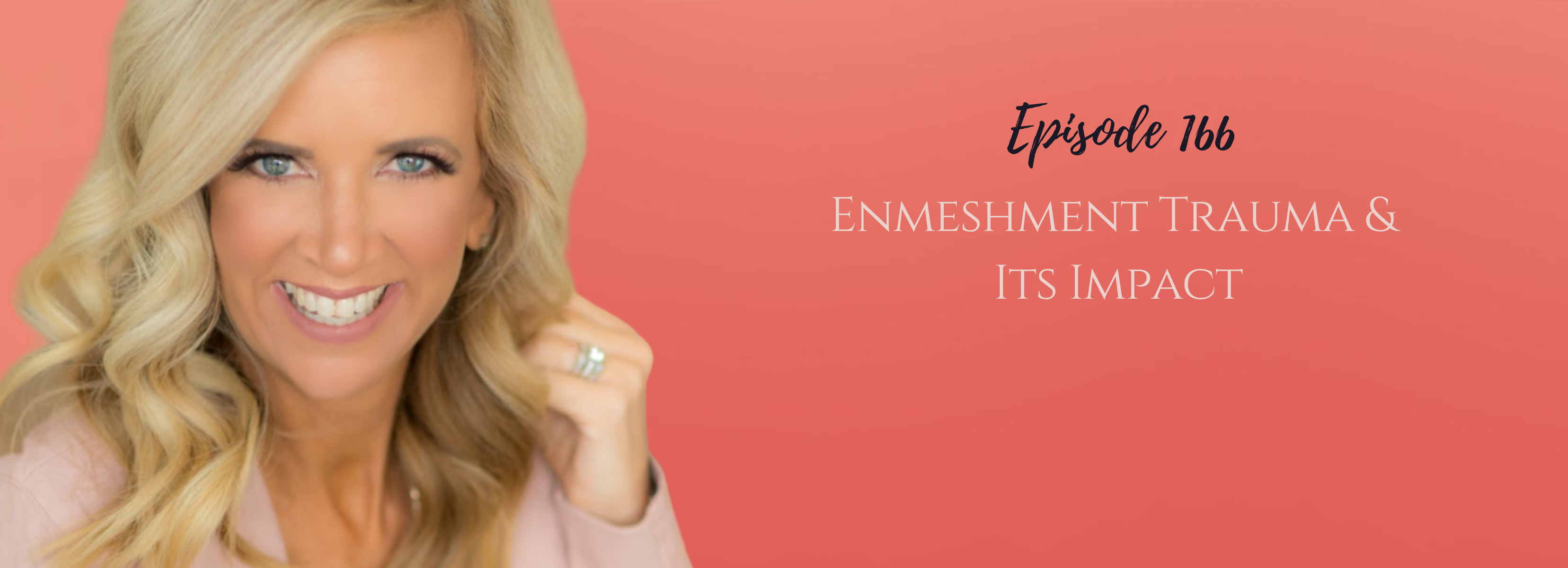
Enmeshment Trauma and its impact| 6.22.2022
In this episode, Kristen talks about enmeshment trauma and its impact on your relationships, and how you can heal from it.
You'll Learn
- What is enmeshment trauma
- Effects of enmeshment trauma in families
- Signs of enmeshment and how to set boundaries
- How to heal from enmeshment trauma
Resources
For counseling services near Indianapolis, IN, visit www.pathwaystohealingcounseling.com.
Subscribe and Get a free 5-day journal at www.kristendboice.com/freeresources to begin closing the chapter on what doesn’t serve you and open the door to the real you.
Subscribe to the Close the Chapter YouTube Channel
This information is being provided to you for educational and informational purposes only. It is being provided to you to educate you about ideas on stress management and as a self-help tool for your own use. It is not psychotherapy/counseling in any form.
[fusebox_transcript]